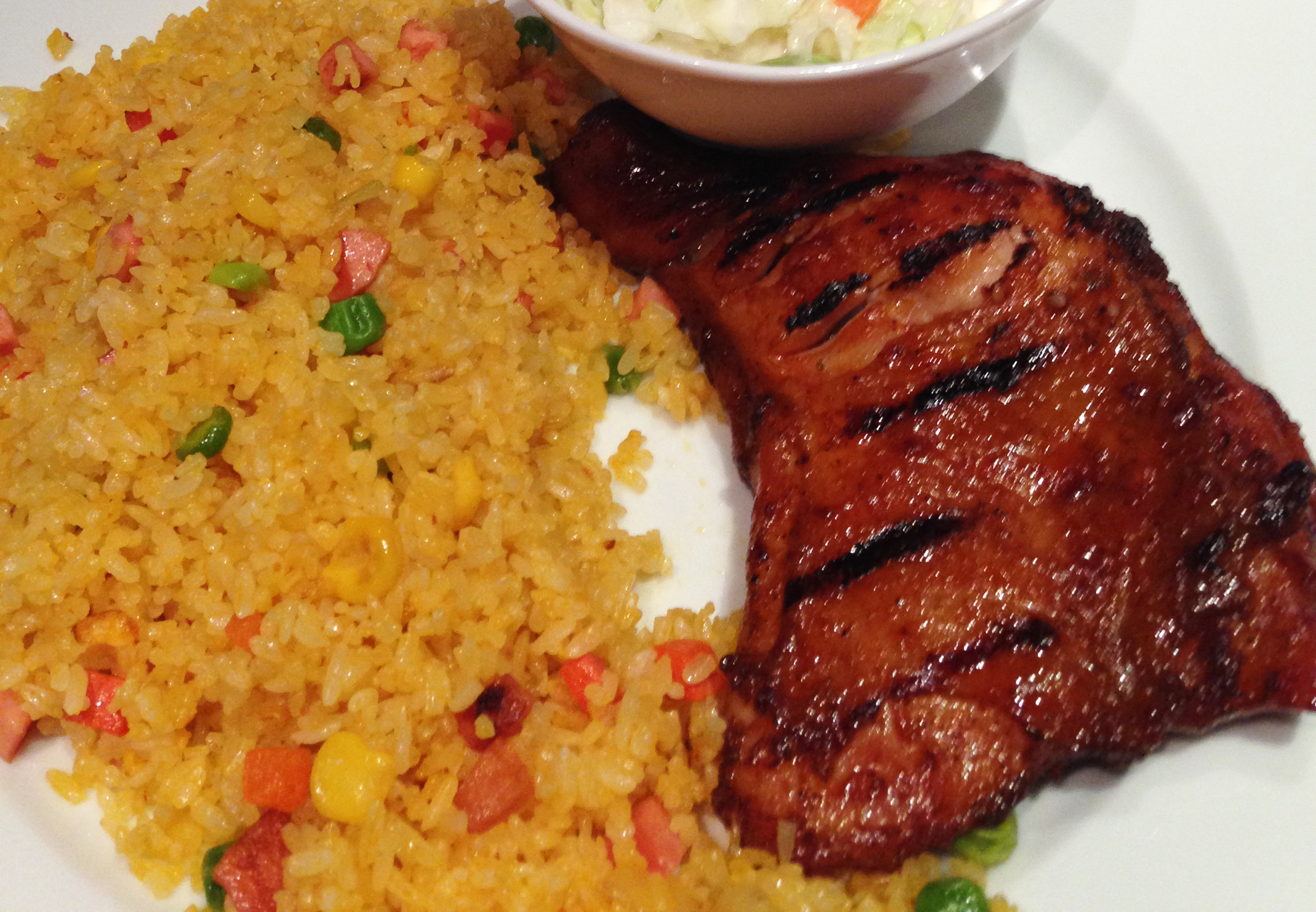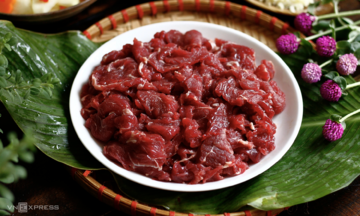Inflammatory bowel disease (IBD) encompasses two main conditions: ulcerative colitis and Crohn's disease. IBD involves chronic inflammation in the digestive tract, causing abdominal pain, diarrhea, bloody stools, fatigue, and malnutrition.
Doctor Ha Thi Loan, from the Gastroenterology Department of Tam Anh General Hospital in Hanoi, explains that the exact cause of IBD remains unclear, but environmental factors, genetics, immunity, and gut microbiota all play a role. An imbalance in gut bacteria, with a decrease in beneficial bacteria and an increase in harmful bacteria, elevates the risk of disease flare-ups.
Doctor Loan identifies five foods that can subtly exacerbate IBD, potentially worsening its progression.
Processed foods
Sausages, cured meats, canned goods, and other packaged foods often contain high levels of salt, preservatives, and additives. These ingredients can disrupt gut bacteria, creating conditions for chronic inflammation. People who frequently consume processed foods have a higher risk of developing IBD compared to those who maintain a diet of fresh, minimally processed foods.
Foods fried at high temperatures
Foods cooked at high temperatures can produce acrylamide and various oxidizing compounds, which increase inflammatory reactions in the gut. Consuming a lot of fried foods burdens the digestive system and increases the risk of developing or worsening ulcerative colitis and Crohn's disease, especially in individuals with sensitive systems.
 |
Fried foods high in fat can promote inflammation. Photo: Ly Nguyen |
Fried foods high in fat can promote inflammation. Photo: Ly Nguyen
Refined sugar and artificial sweeteners
Refined sugars like white sugar, corn syrup, and artificial sweeteners found in soft drinks, candies, and desserts can contribute to weight gain and cause a decline in beneficial gut bacteria while promoting the growth of harmful bacteria. This can trigger prolonged inflammatory responses and increase the risk of developing IBD.
Foods rich in gluten
Individuals with sensitivities or those with Crohn's disease and ulcerative colitis may experience increased intestinal inflammation after consuming gluten-containing grains like bread, pasta, and cookies.
Foods high in saturated fat
Fast food, red meat, ice cream, cheese, and other foods rich in saturated fat can increase inflammatory cytokines in the body, making the intestinal lining more susceptible to damage and prolonging inflammatory responses.
According to Doctor Loan, IBD is a condition that progresses silently and is difficult to fully recover from. To limit complications and maintain quality of life, patients should monitor their symptoms, have regular check-ups, and adhere to their doctor's treatment plan. Prioritizing a fresh diet rich in green vegetables, fruits, whole grains, protein sources from fish and legumes can help control inflammation, improve gut microbiota, and slow the progression of the disease.
Ly Nguyen
| Readers can submit questions about digestive diseases here for doctor's answers. |












